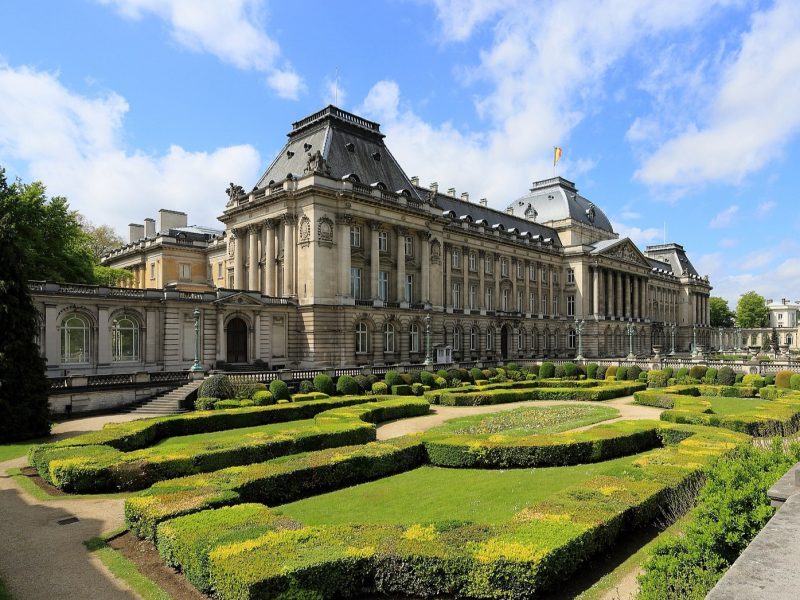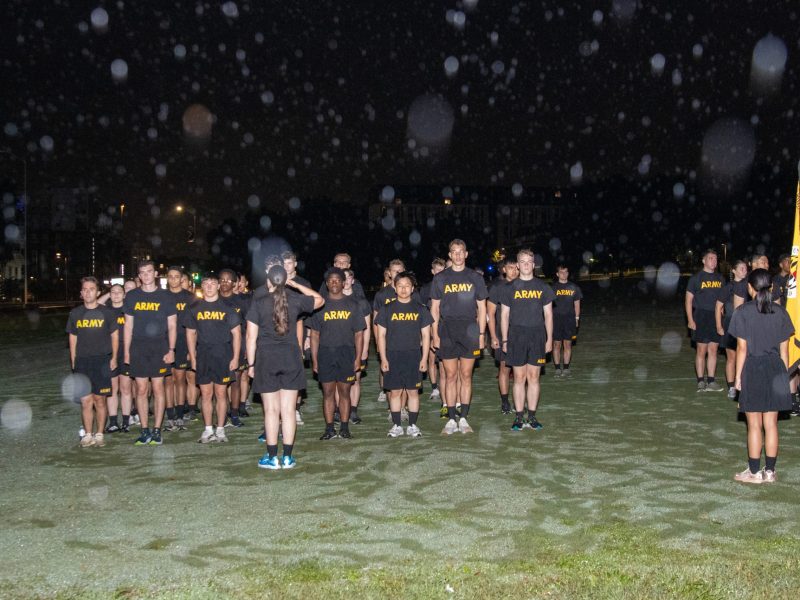
Director Mateo Gil’s (Nobody Knows Anybody) Blackthorn presupposes Butch Cassidy (a typically surly and atypically bearded Sam Shepard, Inhale) survived the 1908 gunfight with Bolivian authorities in which he was supposedly killed, and finds him raising horses in South America twenty years after his “death.”
After setting off toward America in hopes of meeting his nephew — or maybe son, the film hints — he runs into a Spanish engineer (Eduardo Noriega, Agnosia) who’s made off with a few thousand dollars from a mining magnate and is being pursued by the tycoon’s men. After some hostility, Cassidy joins him — you can probably guess whether or not the two end up forming an unlikely bond.
The film borrows freely from past oaters. The most obvious influence is George Roy Hill’s great Butch Cassidy and the Sundance Kid — the setup of “bickering partners rob a tycoon who hires a posse of elite trackers to chase them down” sounds a bit familiar, doesn’t it? — but it also shares the “aging gunman’s one last job” element with The Wild Bunch and the slow pace and elegiac tone of the severely underrated The Assassination of Jesse James by the Coward Robert Ford.
There’s no way the film could live up to those influences, of course. Shepard and Noriega make a pretty good pair, but they’re no Paul Newman and Robert Redford (in particular, Noriega’s English line readings can be a bit awkward), and Mateo Gil is no Sam Peckinpah.
The dialogue is a frequent source of concern — it crackles with wit one moment, and wilts under the weight of clunky exposition the next — and it only has a shadow of the thematic depth of The Wild Bunch and The Assassination of Jesse James. (How many times do audiences need to hear the “Things were different then, before the railroads came…” speech? Once more, apparently.)
But the Western, a genre as American as jazz, is a dying breed, and it’s hard not to cherish even a modestly successful entry the way one would a member of an endangered species.
The film, set on the Bolivian Plateau — a place so rough even the barmaids carry six-shooters — takes great pleasure in its scenery. It’s a frequently gorgeous film: A scene set on a salt flat is particularly breathtaking. The alkali earth and clouded sky both so white they practically bleed into each other.
That’s the power of the genre: Wide-open spaces and Cowboy iconography — both so elemental to American culture — have the power to elevate even the most conventional story to the level of myth. And that’s true of Blackthorn. It’s not a great Western, but it’s a good one — and that’ll do for now.
VERDICT: It’s not as good as the movies that inspired it, but Blackthorn is a welcome if unremarkable entry in the genre.
rgifford@umdbk.com


